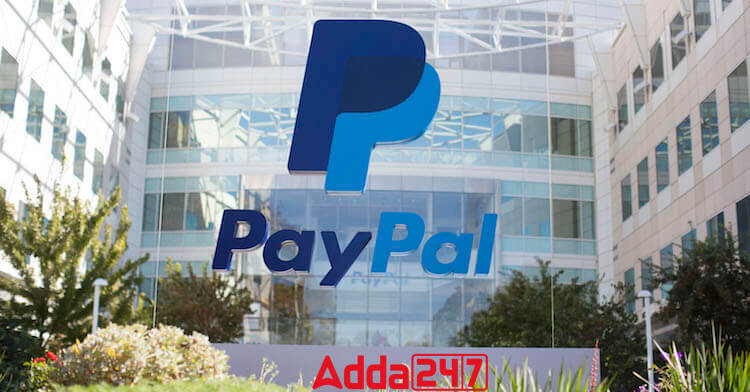The legal battle between PayPal and the FIU commenced in March 2018 when the latter demanded registration as a reporting entity under the PMLA. Despite PayPal’s resistance, the FIU imposed a penalty in December 2020, alleging non-cooperation and failure to comply with anti-money laundering obligations. This penalty was initially overturned in July 2023, but the court ruled that PayPal must adhere to reporting obligations under the PMLA as a payments system operator.
Registration with FIU-IND: What it Means
- Compliance Mandates: PayPal must now report large or suspicious transactions to FIU-IND and implement stringent customer verification procedures.
- Record Maintenance: Detailed records of users and transactions must be maintained for a specified duration.
- Sector-wide Implications: Other fintech firms may face similar registration requirements, increasing compliance burdens across the sector.
Legal Developments and Appeals
- Initial Penalty: FIU imposed a penalty in December 2020, citing non-cooperation and violation of PMLA obligations.
- Court Ruling: While the penalty was overturned, the court upheld PayPal’s obligation as a payments system operator under the PMLA.
- Ongoing Appeal: PayPal appealed the ruling, contesting its classification as a payments system operator and challenging the interpretation of “payment system” under the PMLA.
FIU Directive and PayPal’s Defense
- FIU Directive: The FIU demanded registration, citing the necessity to combat money laundering and protect India’s financial system.
- PayPal’s Defense: PayPal argued against registration, citing RBI guidelines and positioning itself as an Online Payment Gateway Service Provider (OPGSP), not a payments system operator.



 AU Small Finance Bank Seeks Universal Ba...
AU Small Finance Bank Seeks Universal Ba...
 IndusInd Bank Launches ‘Wrestle for Gl...
IndusInd Bank Launches ‘Wrestle for Gl...
 SIDBI To Build $1B Fund For Green Financ...
SIDBI To Build $1B Fund For Green Financ...
